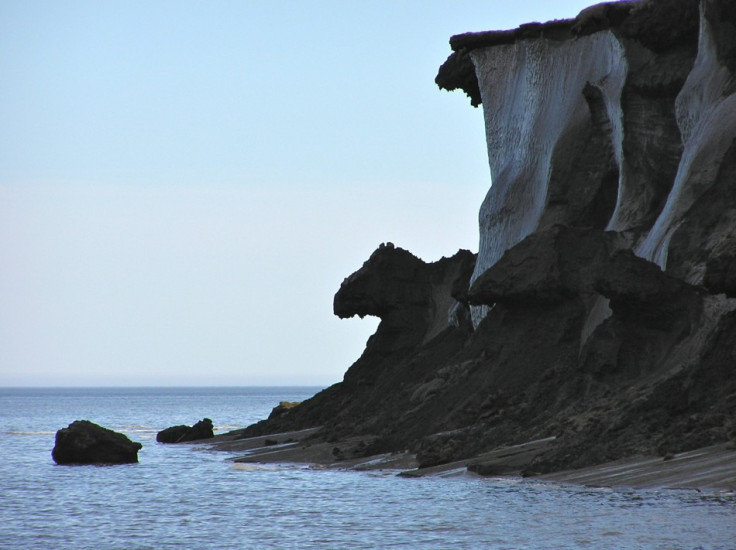Retreat of Arctic Ice Will Dramatically Increase Global Warming
Study reveals crumbling permafrost in Siberia releasing 10 times the amount of carbon previously estimated.

The retreat of arctic permafrost in Siberia is releasing 10 times more carbon into the atmosphere than previously thought, a team of researchers have discovered.
A team of researchers, led by Stockholm University, investigated an area of coastline at Yedoma, the northernmost point of the Siberian Arctic, and found that the amount of greenhouse gas being released exceeded their expectations.
While the present rate of carbon release from the Siberian coast is not having a substantial effect on the CO2 levels in the global atmosphere, the study findings, which have been published in the journal Nature, suggests that this is merely a matter of time.
The findings show that the Yedoma region, which has previously remained unstudied because of its remoteness, is releasing huge amounts of carbon from vast walls of ice which are collapsing into the sea.
As a result, the region - around four times the size of the UK - is currently experiencing twice the average global level of climatic warming.
The researchers found that as the coast erodes, its carbon stores are being rapidly converted to CO2 and methane, before the permafrost is even washed into the sea.
Drawing on analysis of marine bottom sediments, the research found that the erosion of the ice walls was responsible for the majority of the carbon input, larger than those from other marine sources and river debris.
Dr Bart van Dongen, from the University of Manchester's School of Earth, Atmospheric and Environmental sciences, took part in the seven-week sea expedition to the region for the study.
He worked alongside teams from Sweden, Russia, USA, Switzerland, Norway, Spain and Denmark for the study, which was co-authored by Jorien Vonk, of Stockholm University and Laura Sanchez, from the Catalan Institute of Climate Sciences.
"This research sheds light on a globally understudied area of the world, but one which has huge consequences for the entire planet," said van Dongen.
"Although this is a very remote region thousands of miles from the UK, considering the amount of carbon locked in this permafrost is twice the amount present in the atmosphere as CO2, the scale of this release of both CO2 and methane into the atmosphere will have a huge effect.
"This will have consequences for the temperatures all over the world."
© Copyright IBTimes 2025. All rights reserved.





















